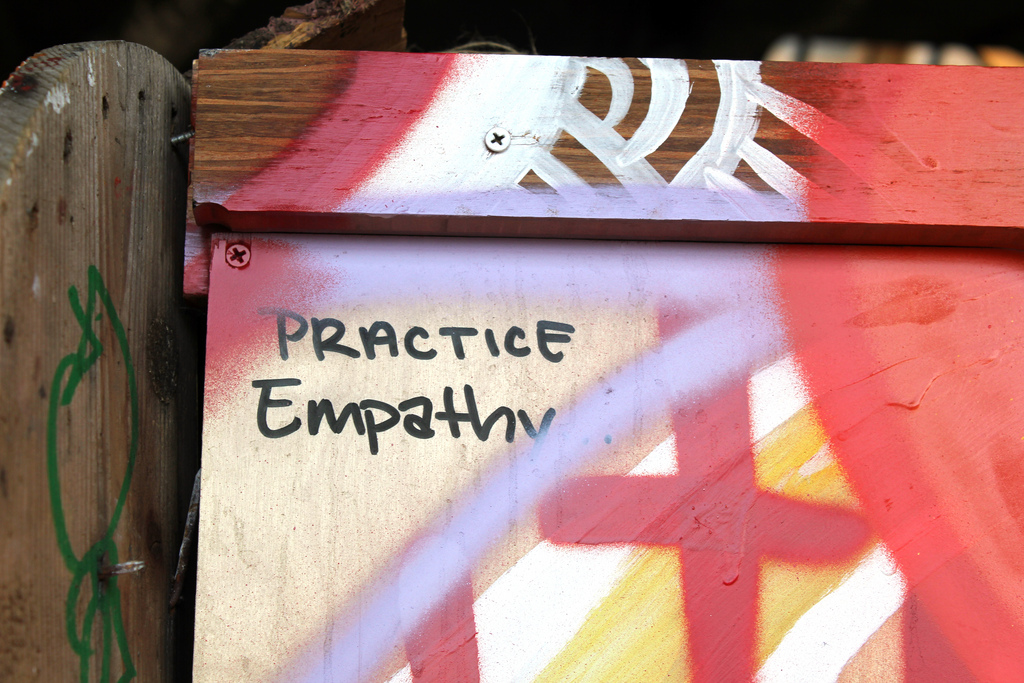 A decade ago, World Animal Net prepared a resource on Stress Management and Compassion Fatigue, which remains on our website today. This explores the causes of stress and compassion fatigue, and suggests some coping mechanisms and strategies for dealing with these before they result in a myriad of severe and inter-linked problems (social, relationship, physical and mental).
A decade ago, World Animal Net prepared a resource on Stress Management and Compassion Fatigue, which remains on our website today. This explores the causes of stress and compassion fatigue, and suggests some coping mechanisms and strategies for dealing with these before they result in a myriad of severe and inter-linked problems (social, relationship, physical and mental).
In this resource, we recount the stress inherent in the massive workloads that many in the movement take on, especially when they attempt to tackle far too many issues (and approaches) in the struggle to ‘fight the good fight’ against the myriad of injustices and cruelties wrought against animals. We also pointed to the cumulative impact of witnessing or hearing about the pain and suffering of animals. We referred to this ‘emotional residue of exposure to working with suffering and traumatic events’ by the common term: ‘compassion fatigue’.
However, there is now considerable evidence that this is actually ‘empathy fatigue’, as opposed to ‘compassion fatigue’. International best-selling author and Buddhist monk Matthieu Ricard explains that whilst many people consider empathy and compassion to have the same meaning, and the terms are frequently used interchangeably, they are actually quite different. In a nutshell, the difference between empathy and compassion is:
Empathy is the ability to understand and share the feelings of another being. When we witness a person or animal in pain, we suffer in resonance with his or her suffering. Neuroscience has proven that similar areas of the brain are activated both in the person who suffers and in the one who feels empathy. Thus, empathic suffering is a true experience of suffering.
Compassion is similar, in that there is an understanding of another person or animal’s pain. However, with compassion, you are moved towards taking action to relieve the pain and suffering. Compassion is an emotion which calls for action, turning the internal suffering outwards and transforming this into altruism.
For more information on this, there is a section in World Animal Net's Humane Education resource which includes paragraphs on both empathy and compassion.
The impact of empathy fatigue (to use the more accurate term, as opposed to the common one!) can lead to two different reactions, both of which are far from optimal. When some empathic caregivers (including animal protectionists) are exposed to others' suffering day after day, their continuous partaking in this suffering might become overwhelming and can lead to burnout. Other caregivers may react by shutting down their empathic feeling and drawing an emotional curtain between themselves and their patients/animals. Both of these reactions have been witnessed in animal protection workers.
There is a clear responsibility on the managers of animal protection organizations to learn about stress and empathy fatigue, and to take measures to mitigate this in their organizations. We hope the WAN resource will be helpful, but recommend the addition of contemporary research on the subjects. In Defense of Animals (IDA) recently launched an Animal Activist Helpline as part of their Sustainable Activism Campaign, and there are now a number of self-assessments available online that can assist animal protection workers in determining their level of compassion or empathy fatigue, including:
- ProQoL Test
- The Compassion Fatigue Project
- Compassion Fatigue Self-Assessment by James Messina, Ph.D
Animal protection workers would also do well to understand these issues, and introduce their own strategies and coping mechanisms. A key part of this should be to avoid ‘stand-alone empathy’, which means not dwelling on the many types and variations of animal cruelty and abuse about which we can do nothing. As a management consultant, my advice on how to do this is to:
- Ensure that you select your issues and approaches (and indeed your jobs) carefully, choosing those which have the greatest chance of success.
- Work on issues and approaches (and jobs) which can benefit from your own special skills, abilities and experiences (and about which you feel passionate).
- Focus to maximize your impact.
- Do not be drawn into the many other issues of cruelty and suffering, about which you can do little.
The words of this serenity prayer have been inspiring to myself and many others:
“...grant me the serenity to accept the things I cannot change,
The courage to change the things I can,
And the wisdom to know the difference.”
Concentrate on your part of the jigsaw puzzle, and celebrate achievements and your own contribution to the bigger picture: Never, ever ‘beat yourself up’ about the things you cannot do! Others will be drawn to work on these areas over time.
Or, if you are a visionary, paint the picture of your own jigsaw (your vision of a better future), and share the work with others who have the same vision; with each taking their own piece of the puzzle. There is nothing more fulfilling than collaborating creatively with colleagues over a shared vision.
Be kind to yourself, be kind to your colleagues. Always practice compassion to humans and animals alike.
It is important for animal protection organizations to embrace the importance of compassion - and happiness - for their own staff and volunteers. We need a transformation in the movement. We have so few resources that we urgently need to unleash our human potential, and truly value and care for our staff and volunteers.
Our work must be creative and joyful, if it is to flourish!
Photo credit: "Practice Empathy" by Quinn Dombrowski, used under CC BY-SA 2.0
